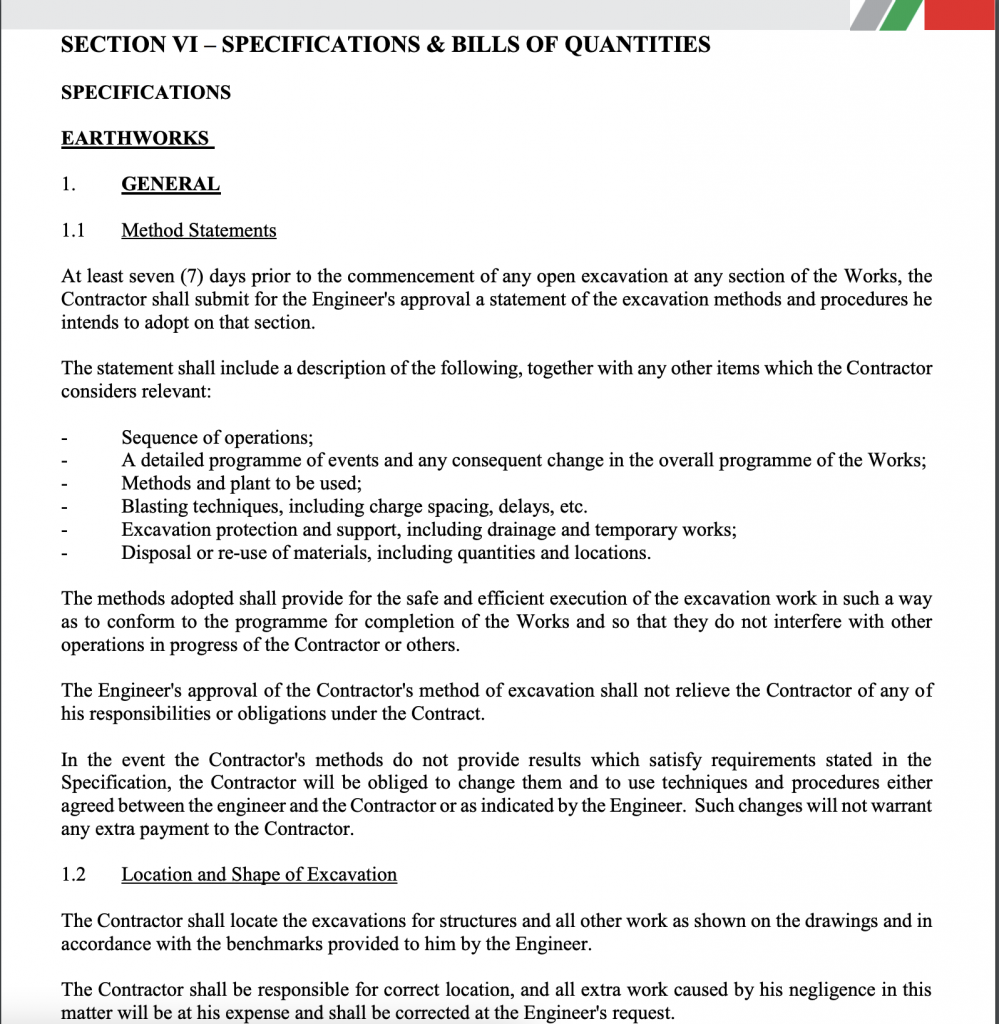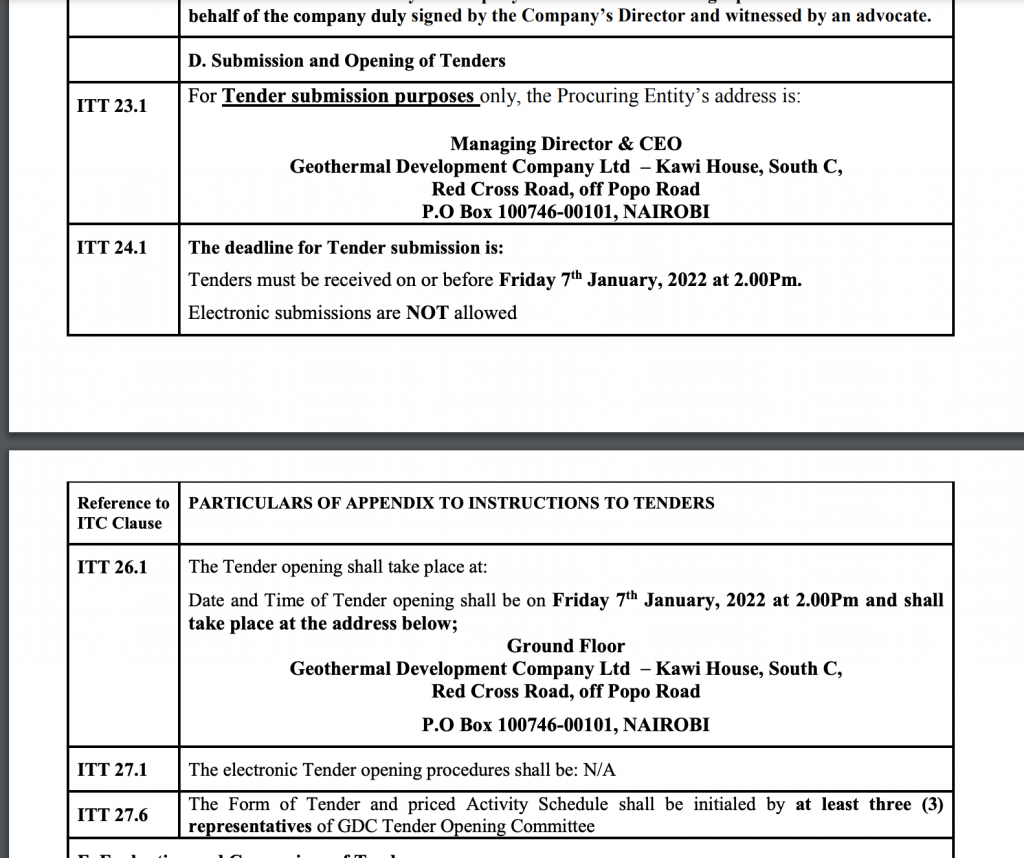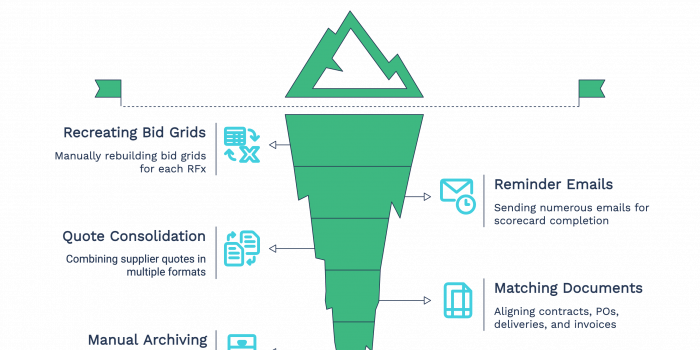Tender specification, offer submission and evaluation of bids
In public procurement, what does the tender requirements, bid submissions and tender evaluation process have in common?
In public procurement, what does the bid specification requirements and tender submission, evaluation processes have in common? This article takes a look at the laws on the bidding process that guides the procedure suppliers who respond to tenders. We’ll review the tender documents and tendering process under the following sections:
Specifications of tender requirements
The specific requirements for an item, works or service to be procured will be specified in the tender document. For Public procurement, the specifications will normally be based upon Kenyan or international standards.
These specifications form part of the tender and are the basis on which the technical evaluation is conducted. It is important that offers should adhere to all mandatory requirements; otherwise the offer may be rejected as non-conforming.

Goods/Works must be supplied or work done in accordance with the specifications. Items which do not meet the specified quality or standards may be rejected by the procuring entity who may withhold payment until items of the required quality are supplied. The time requirements for delivery of goods or performance of services must also be met.
Submission of bid responses
The time and place for submission of offers will be specified in the tender documents. Bidders must submit their offers by the bid deadline: failure to submit your bid on time, even by only a few minutes, will lead to your bid not being considered.

Some tender documents will specify that the technical and financial proposals be submitted in separate inner envelopes within an outer envelope. For these tenders, the technical envelope will be opened first and the technical evaluation carried out before the financial envelope is opened. If a technical proposal does not meet requirements, the financial envelope will not be opened and will be returned to the bidder.
Tender Evaluation
A preliminary evaluation is undertaken by an evaluation committee soon after opening tenders to ascertain that the tender has been submitted in the correct format and has been signed, and that the correct number of copies, tender security, validity and any required samples have been provided. Any tender that does not meet the requirements is rejected.
Tenders are then evaluated more rigorously for technical conformity, followed by the financial evaluation which considers prices read out at tender opening, corrections for arithmetic errors, currency, discounts etc. The lowest priced conforming tender is usually awarded the contract. However, for some tenders, particularly those based on Requests for Proposals, a marking scheme may be used. Tender documents contain the evaluation criteria by which the tenders will be evaluated. The recommendation for contract award by the evaluation committee will be submitted to the tender committee for approval (procurement committee for lower-value tenders).
It is important to note that the procuring entity has the right to reject all tenders received and to terminate the procurement proceedings at any time without entering into a contract. tender submission evaluation
This article is part of the Public Procurement Guidelines for Bidders series








